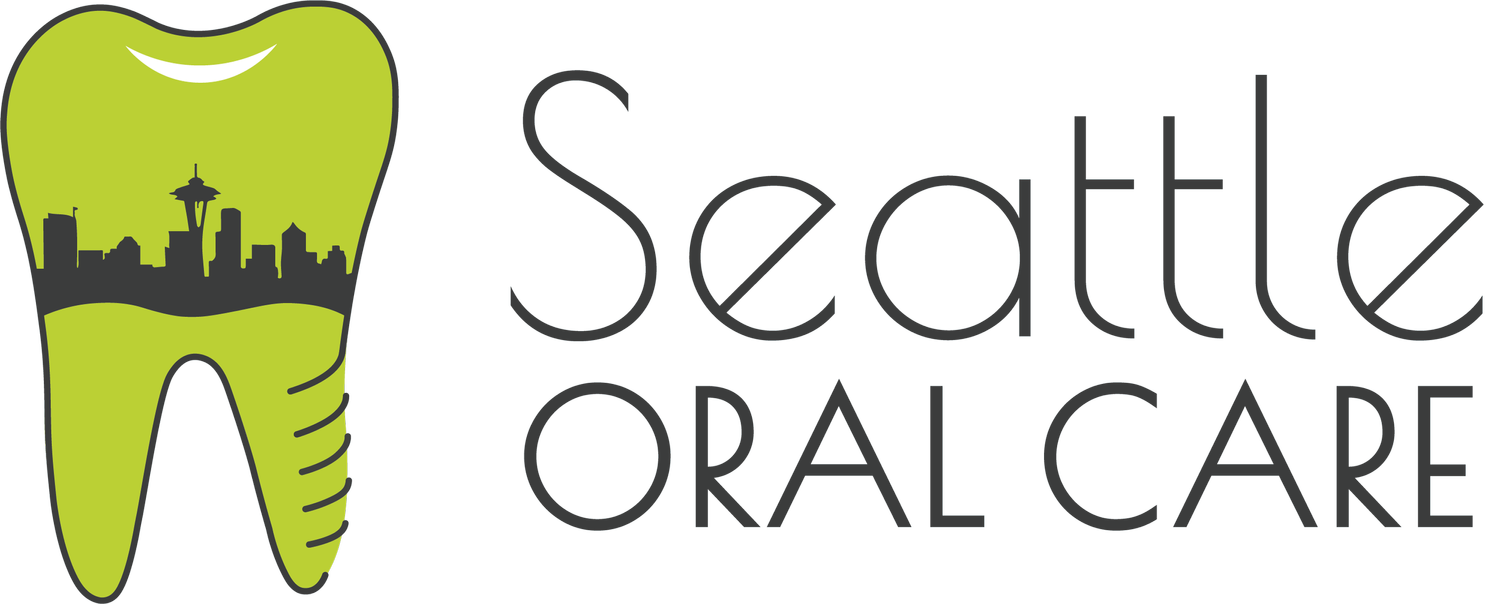Common Sleep Questions
Sleep Disorders are increasingly common amongst adults in the US. 39 million adults (about 15% of population) have Sleep Apnea.
A high quality sleep is invaluable
We want to look at common questions you may have about Sleep
Falling Asleep
-
Stress, anxiety, screen time before bed, an irregular sleep schedule, and an uncomfortable sleep environment can all make it difficult to fall asleep.
-
Most people take around 10-20 minutes to fall asleep. If it consistently takes you longer, there might be underlying issues.
-
Get out of bed and do something relaxing until you feel drowsy. Avoid screens and bright lights.
Staying Asleep
-
Stress, medical conditions, noise, temperature fluctuations, and bathroom breaks can disrupt sleep.
-
Occasional wake-ups are normal, but frequent disturbances can significantly impact sleep quality.
-
Avoid looking at the clock, practice deep breathing exercises, focus on relaxing your body, and avoid turning on lights or TVs.
Sleep Quality
-
Sleep apnea, underlying medical conditions, poor sleep quality due to environment or stress, and certain medications can all contribute to daytime fatigue.
-
The average adult needs 7-9 hours of sleep per night, but individual needs can vary.
-
Short naps (20-30 minutes) can be beneficial, but longer naps or napping late in the day can interfere with nighttime sleep.
If you have more questions or have trouble sleeping, talk to a Sleep Specialist
Start with a Sleep Screening Test offered by Dr Deepali Jere, certified by the American Academy of Dental Sleep Medicine, and qualified to treat sleep disorders.

